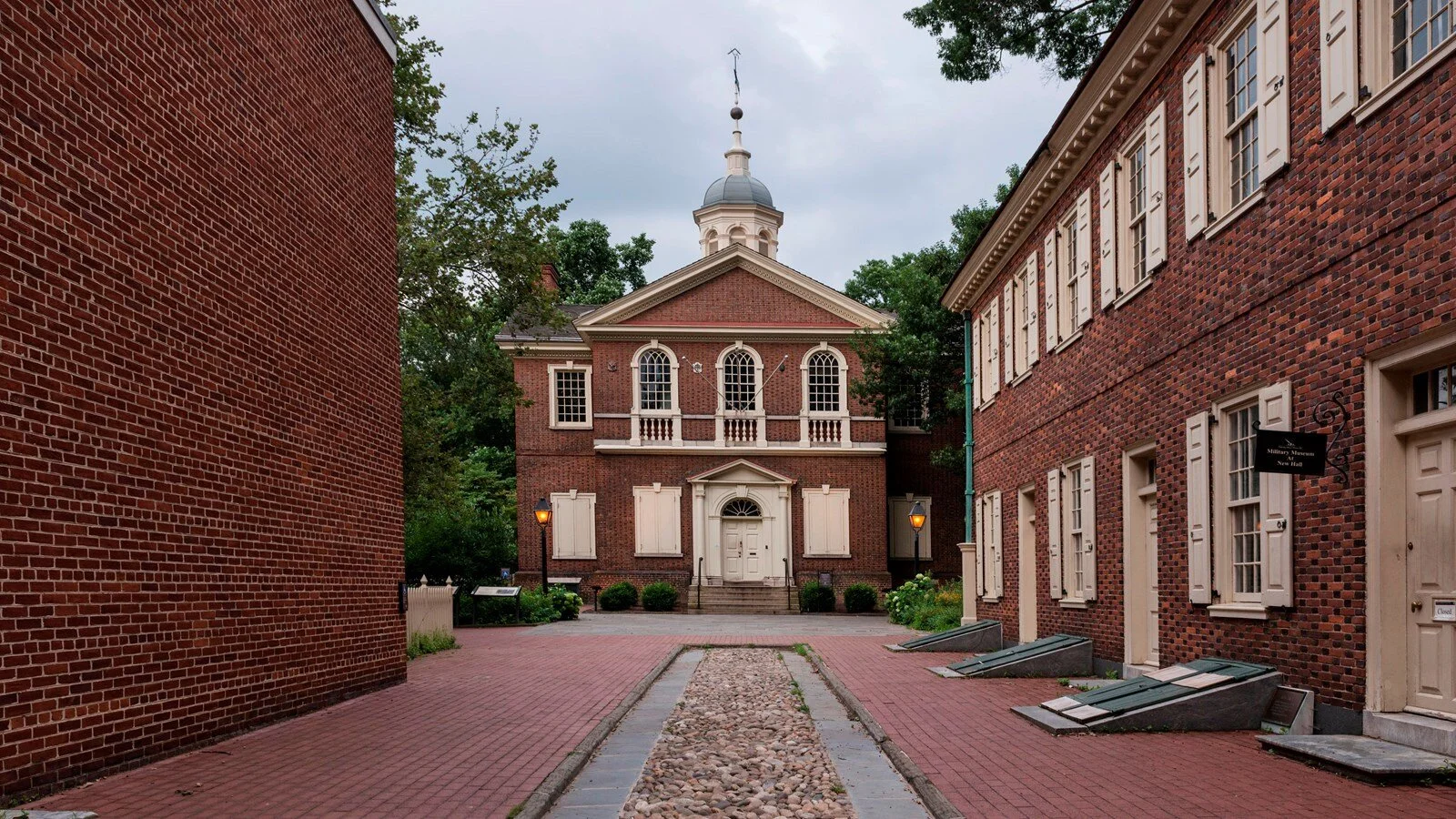The summer of 1787 in Philadelphia was one to be remembered. In fact, it was in May that year that over 50 delegates from across the freshly independent United States descended on the city — ready to forge a path forward for the new nation. By the time summer was over, the U.S. Constitution was born.
Read MoreToday, we bring you a conversation between Historic America’s Sonali Prillman and Micheal Idriss, who is currently the African American Interpretive Fellow at Philadelphia’s Museum of the American Revolution. Micheal, with his wealth of knowledge on Philadelphia history, takes us back to the mass outbreak of a disease long before the days of COVID19: the Philadelphia Yellow Fever Epidemic of 1793.
Read MoreBehind every successful museum is someone dedicated and passionate about history who runs the museum with every piece of their soul. At the Betsy Ross House, that woman is Lisa Acker Moulder, the current director. Lisa has dedicated 21 years of her professional career to the Betsy Ross House. Today, we get to talk to her about the museum, her career, and her favorite parts of Betsy Ross’s story.
Read MoreFounded in 1670, Charleston is one of the most historic cities in all of the United States. From the Revolutionary War to the War of 1812 to the Civil War and beyond, Charleston’s story is synonymous with the American story. Find out just how much history this city has to offer by exploring just a single block of it with us.
Read MoreToday we’re excited to welcome Alex Palma to the Historic America Journal. Alex is the Assistant Director at Philadelphia’s historic Carpenters’ Hall and his article is all about this important American building and it’s wonderful history…
Read MoreThis Women’s History Month we’re kicking off with the story of a Revolutionary War heroine whom you might not have heard of before. Sybil Ludington is known today as the “female Paul Revere” and while her actions were equally heroic, she was largely forgotten until just over a century after her own midnight ride took place.
Read MoreThere were many foreign heroes who made American independence possible. Among them was Tadeusz Kościuszko, a Polish military engineer who arrived in the Thirteen Colonies unable to speak English but ready to help the American cause. In fact, Kościuszko carried his love for freedom and republicanism wherever he went in his life, becoming not just a national hero here in the United States but in his native Poland as well.
Read More







